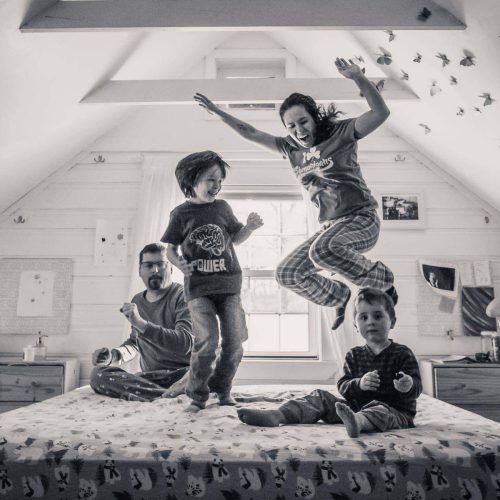Raising Luminaries & Books for Littles are free and accessible for readers who can’t afford a paywall. Posts may contain affiliate links, which allow me to earn a commission at no extra cost to you. Check out the full affiliate disclosure along with my statement of accountability.
Let’s explore radical generosity
When we demonstrate radical generosity with our kids, we give without an expectation of getting anything back in return. Reciprocation is a healthy part of interdependence, but without rampant radical generosity, we just live in a transactional world of cold capitalism and a widening wealth gap.
Radical generosity is not setting ourselves on fire to keep others warm. It’s not violating our own boundaries, becoming a martyr, or silently suffering.
Radical generosity requires strong, resilient, transparent boundaries. As the Tomte in The Tomten and the Fox says to the starving fox he’s chosen to care for: ‘No eating hens!’ We’re allowed to choose who we support, what that support looks like, and under what circumstances we’re willing to do so. Being generous doesn’t mean being a doormat.
Radical generosity does not mean throwing gifts at everyone we know, just for the sake of giving. It’s not showing up to every invitation. Radical generosity means listening to what people really need, understanding how supporting them benefits our wider community – and then asking ourselves if we’re willing, and able to help them get there.
Sometimes that sounds like a thoughtful, conditional ‘Yes. I will do that for you, with the conditions...’ Sometimes that looks like a compassionate, honest, “Thank you for the opportunity to help, but no, I can’t.” without apology, and without feeling the need to justify our ‘no,’
Read:
- Extra Yarn (ages 4-7)
- The Tomten and the Fox (ages 3-6)
- No Water No Bread (ages 4-8)
Discuss:
- When have we felt happy to give?
- What do we find is easy to give? Acts of service? Gifts or donations? Our time, attention, or care?
- When have we felt obligated to give? How did it make us feel?
- When do we feel uncomfortable saying ‘no’? How can we role-play and practice our ‘no‘?
- How do we show appreciation for what we received?
- Have we ever felt the urge to ‘get even‘ with a return gift after receiving a kindness? Did it feel like healthy appreciation, or a competition to show off?
Activities for Families & Classrooms:
Each of the following activities shows kids:
- We give what we have extra of
- It’s okay to accept what we need
- We distribute support and supplies based on need, not ability
- The point is to keep resources circulating so everyone has enough and the community thrives together
Learn about Potlach traditions from Indigenous peoples of the Pacific Northwest.
- What was involved and how did they support the community?
- Why did colonizers ban them?
- How have Indigenous people kept these traditions alive today?
Set up family or classroom Time Bank
- Help kids brainstorm skills they can offer to the group – helping to zip coats, carrying snack bins, or reading to each other
- Have kids draw or write their offerings on index cards, and place the cards on a bulletin board
- Anyone can ‘withdraw’ support from the board when they need it – including adults (normalize asking for help!)
- Track ‘help offered’ with star stickers for 5-15 minute increments, with every type of labor celebrated as equally valuable
Create a mini Buy Nothing Community
- Help kids write or draw pictures of items they no longer need for a sharing bulletin board
- Show kids that it’s fun to share what we have excess of, and it’s okay to accept help without ‘owing’ anyone
- Read more about Buy Nothing community principles
More resources to dig deeper:
- How we strengthen our communities with Kids Books about Radical Interdependence
- More Stories Cultivating Gratitude & Appreciation
- More Stories to discuss Courageous Generosity
- Kids books on building and respecting boundaries
- Post-Consumerism for Kids Stories
- For Luminary Braintrust members: Unpacking Greed in Spirited Away
- How I taught my kids to share what we have at the holidays, by Shannon Brescher Shea
- If you struggle with transactionalism and accepting help, join the Summer Luminator to learn more about reciprocity and keeping resources flowing so you can keep caring for others.






